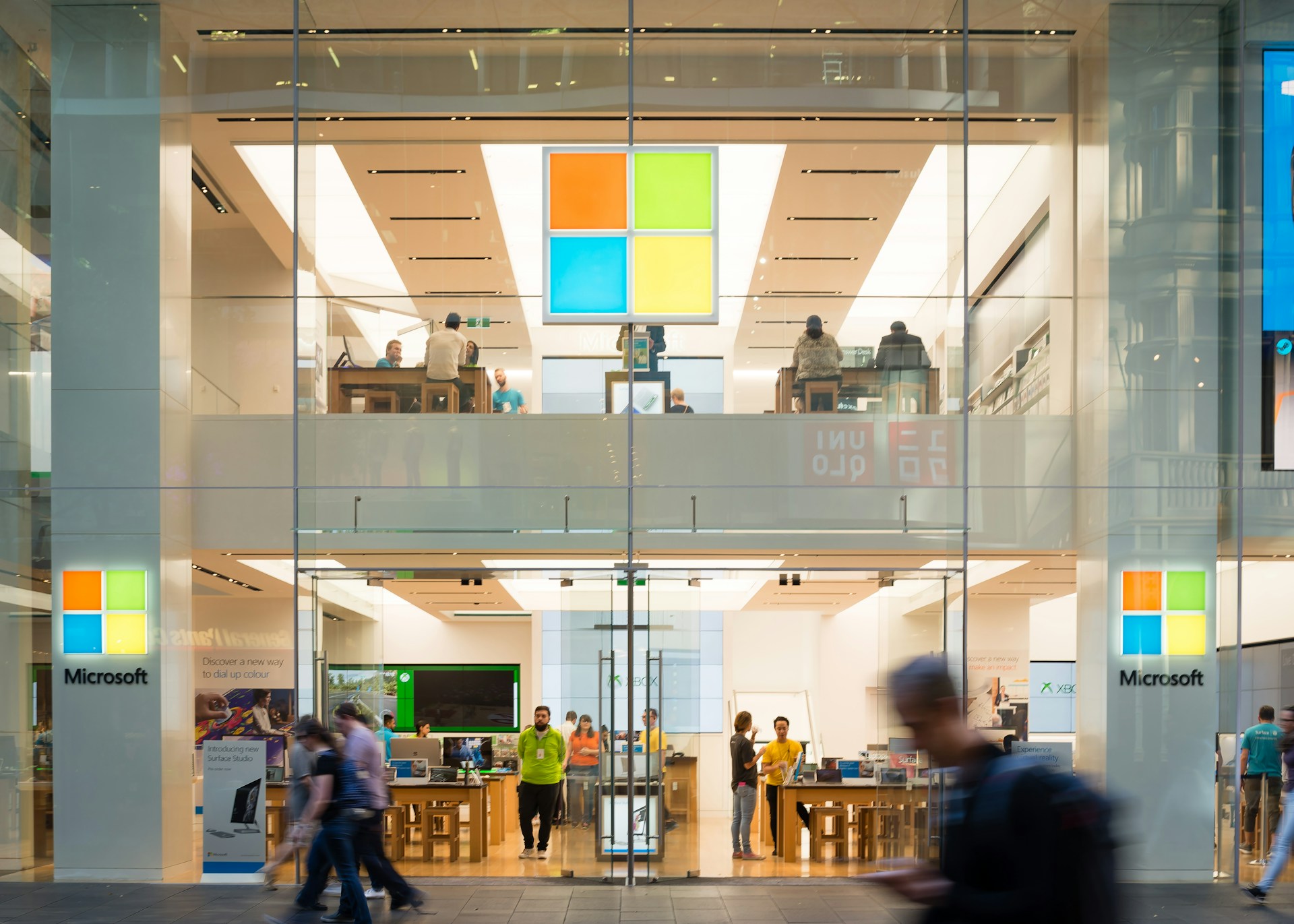Microsoft is pushing its AI assistant, Copilot, into the corporate world but is encountering resistance from employees.
Despite businesses purchasing Copilot licenses, many workers continue to use ChatGPT, the rival AI chatbot developed by OpenAI.
For example, Amgen, a pharmaceutical company, acquired a 20,000-user Copilot plan, yet employees still prefer ChatGPT more than a year later.
ChatGPT’s Early Launch and Popularity Give It an Edge
ChatGPT launched well before Microsoft’s Copilot, allowing it to establish a strong user base.
As of June 2025, ChatGPT boasts nearly 800 million weekly active users and 3 million paying business subscribers. In contrast, Copilot’s weekly users have stagnated at around 20 million.
This early start and familiarity give ChatGPT a significant advantage in the corporate environment.
Microsoft’s Enterprise Sales Efforts and Employee Adoption Struggles
Microsoft is expected to dominate the enterprise AI assistant market due to its longstanding relationships with corporate IT departments and Windows’ widespread use in business.
However, by the time Microsoft began selling Copilot, many office workers were already accustomed to ChatGPT from personal use at home.
A Bloomberg report notes, “The company’s salespeople knew ChatGPT dominated the consumer chatbot market, but expected Microsoft to own the enterprise space for AI assistants thanks to decades-long relationships with corporate IT departments.”
Large Corporate Deals Yet Lagging User Engagement
Microsoft has signed substantial contracts with companies like Volkswagen, Accenture, and Barclays, involving over 100,000 user accounts each and deals worth tens of millions annually.
Despite this, user adoption remains a challenge, with organizations needing to actively encourage employees to switch to Copilot.
Microsoft’s Broader Business Challenges Amid AI Push
Microsoft’s AI ambitions come at a time of internal upheaval, with recent announcements of large-scale layoffs.
Between 6,000 and 7,000 jobs worldwide, nearly 3% of the workforce are set to be cut, following a previous round of 10,000 layoffs two years ago.
This restructuring underscores the pressure Microsoft faces as it competes in the fast-evolving AI assistant market.
PHOTO: UNSPLASH
This article was created with AI assistance.
Read More






 Saturday, 28-02-26
Saturday, 28-02-26







